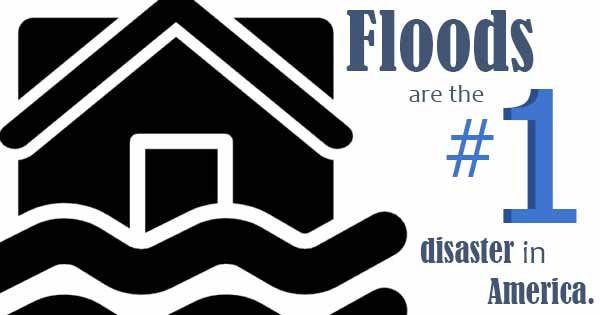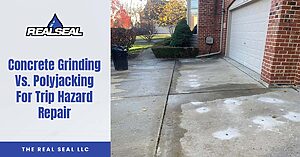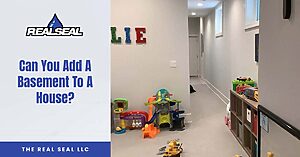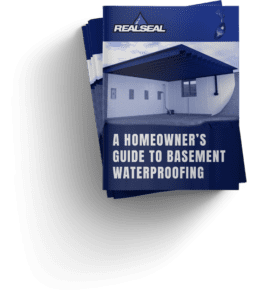One of the most damaging things that can happen to your home or business is basement leaks when it rains that turn a wet basement into a flooded basement in need of serious foundation repairs. In fact, floods are the number one disaster in America, averaging over $3 billion in claims per year.
One of the most damaging things that can happen to your home or business is basement leaks when it rains that turn a wet basement into a flooded basement in need of serious foundation repairs. In fact, floods are the number one disaster in America, averaging over $3 billion in claims per year, according to the National Flood Insurance Program (NFIP). Since it’s impossible to predict when and how severe a rainstorm will be, it’s important to take the necessary precautions in basement waterproofing ahead of time.
In Chicago basement waterproofing has become such a serious epidemic in recent years the city recently started a ‘Basement Flooding Partnership’ (BFP). The city-wide initiative was put in place to help residents with basement waterproofing techniques and reduce the risk of flooded basements overall.
According to CityofChicago.org, heavy, localized rainstorms have become prevalent in the area in recent years, which has led to overwhelmed sewer systems not built to withstand such volume. Once the sewers and catch basins fill up the water has no where to go but directly into your basement. There’s also the water that comes down from rooftops.
“As much as 500 gallons of water can fall on the average residential rooftop,” reads the city’s BFP policy. “In the old days, City code required that gutter downspouts be connected to private drains (PD’s) that carry domestic water to sewers. This was fine for normal, old fashioned rains. But, when sewers are full, the water has nowhere to go but your basement. In essence, we are flooding ourselves.”
While it’s impossible to protect basements from all water (over 98% will experience some type of water damage at some point) the volume entailed here is especially concerning considering water damage accounted for 26.4% of all insurance loss claims in the U.S. in 2013.
One of the strategies the city is using is by placing “Rain Blockers” inside catch basins. This will result in the occasional light flooding of streets in some cases, but will help stop the overflow into sewers. The streets can be used as “reservoirs” for three to four hours while the sewers drain. As the city puts it, it’s much better to have a wet street for a couple hours than a flooded basement.
Since a concerted effort is required for success the city is looking for 70% interest in the partnership before they start implementing more specific elements of the plan. For more information you can check out the city’s website or shoot them an email at – [email protected]






